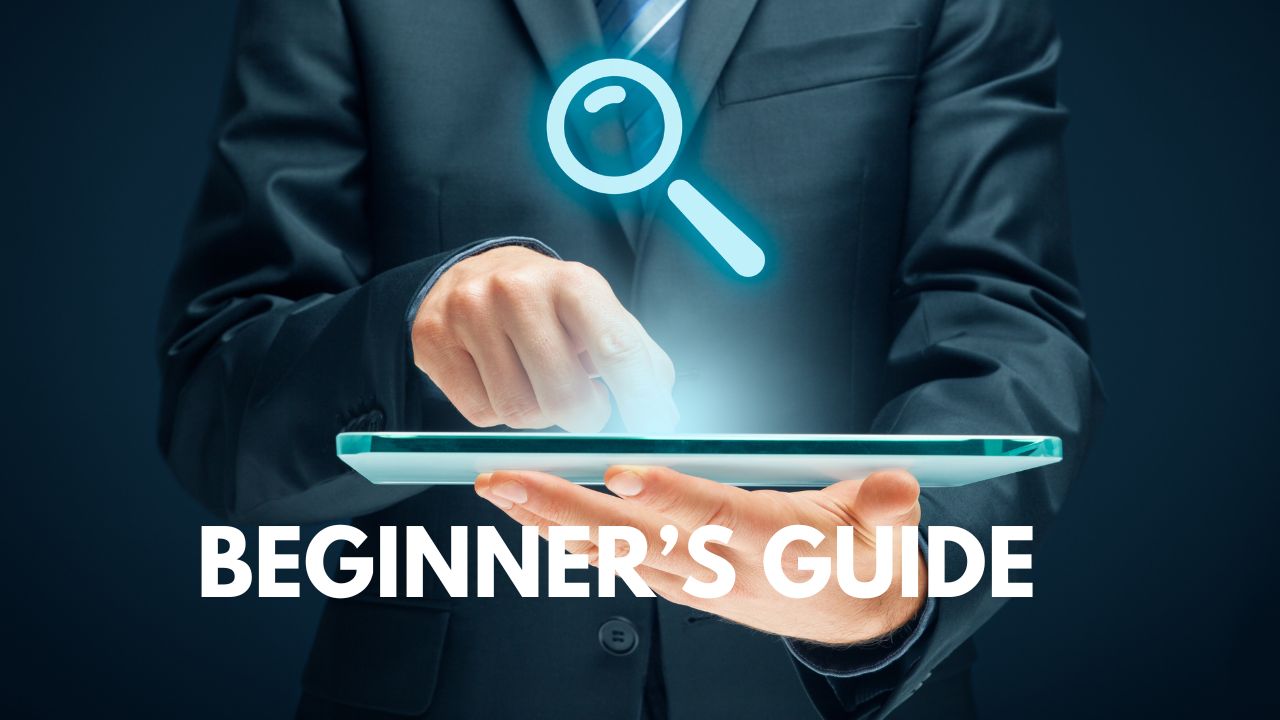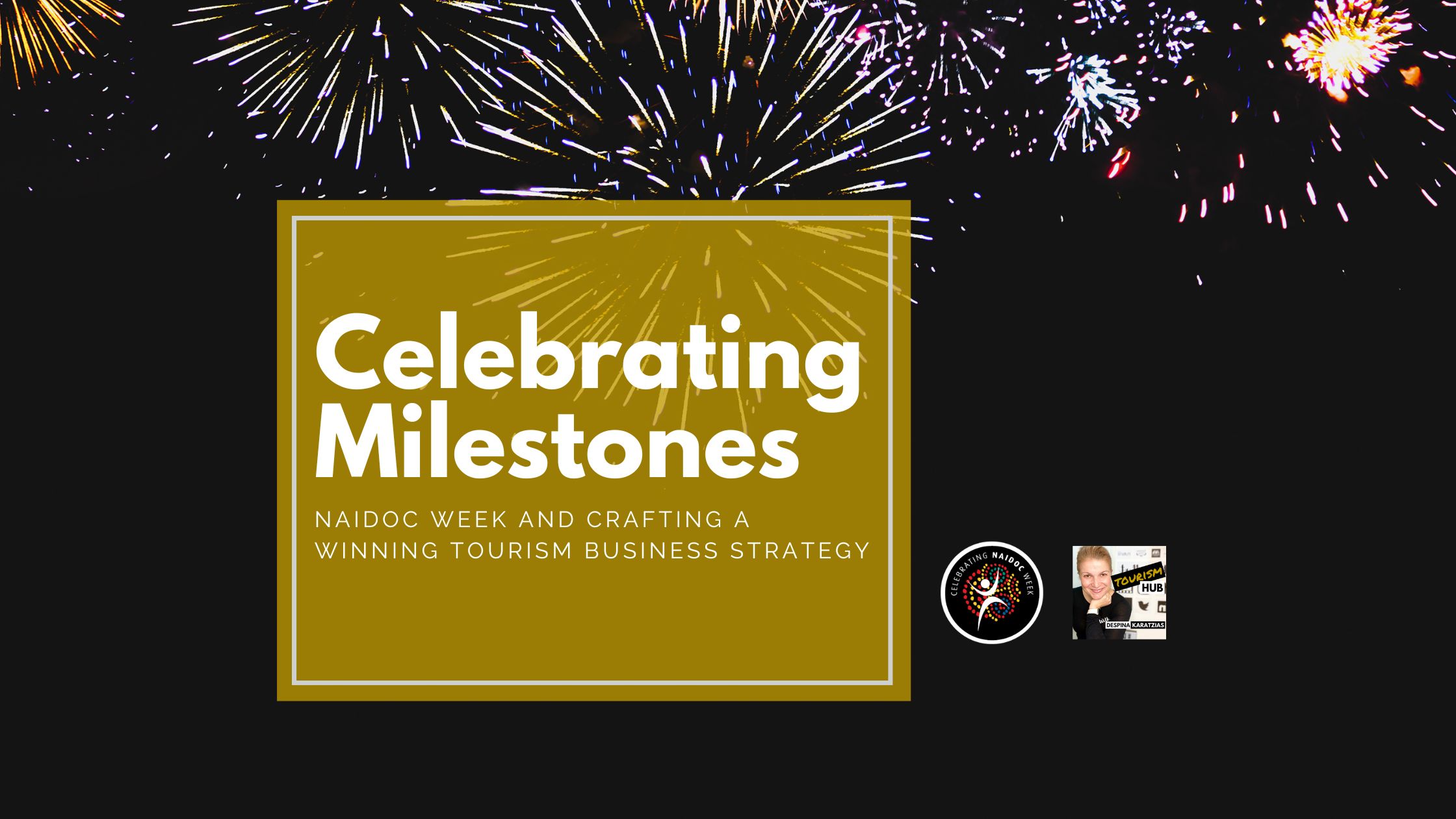Small businesses aren’t just tasked with knowing their industry. Often, they also have to wear the hat of the marketing expert in addition to their other duties. It’s the only way they’ll survive in today’s competitive environment, especially if the budget doesn’t allow for outsourcing to a professional agency.
Part of today’s marketing includes SEO and content marketing, two critical elements that help you stand out online, and one can’t exist without the other. Search engine optimisation ensures your business can be found by the people using search engines to look for it, while content marketing helps you appeal to your human audiences.
If you’re a small business on a budget, you can put the power of SEO and content marketing to work for you. We’re breaking it down in six straightforward to-do’s to help you jumpstart your strategy:
1. Look at Your Current Digital Profile
If you’re clueless about where to start your digital optimisation, it helps to compare where you’re at with where you want to be. Before you dive into an SEO and content marketing strategy, it helps to review your digital profile as it stands:
● What social media channels do you use?
● How often are you posting?
● Do you have a blog?
● Do you have a Google My Business profile or other online directories?
● How many website visitors do you get each month?
And most importantly, what are you hoping to achieve with SEO and content marketing?
Taking on a growth opportunity like SEO or content isn’t a decision to take lightly. It’s a difficult journey to the top of Google’s Page 1 results. Your best chance to succeed is to understand what you’re already doing and what other actions will bring you closer to your desired end result.
2. Start Small, Then Grow
If you’ve explored the ins and outs of content marketing or SEO before, you may have been so overwhelmed you aborted the mission immediately. Granted, it’s a lot to take in at once, especially since the “rules” of SEO are always changing.
If you want your efforts to be successful, your best bet is to start small and work your way up. Find a single focus area to begin your SEO venture, such as keyword research, optimising your web pages with meta descriptions and headers, or creating a sitemap.
As you complete short SEO runs, you’re better positioned to see results than if you try to tackle the entire mountain at once.
3. Leverage Free Keyword Research Tools
Keywords are the words or phrases that people type into search engines to find relevant results. These keywords are digital gold for small businesses: use the right ones in your content, and you’ll appear to your audience when they need you.
But how can you know what your users are looking for?
Many of the top keyword tools are expensive (over $1,000 per year), which is often out of reach for the casual user. But there are a few free ones you can leverage that do the job just fine.
In addition, you can use your general knowledge of the industry to include relevant phrases in your content. For example, if you’re in the tourism industry, think about why people need to know before they go: What answers are they looking for? What problems do they need solving?
Use your intuition and data-based keyword tools and create your content around those terms.
4. Add a Blog to Your Website
Blogs are free content marketing powerups, giving businesses of all sizes an inexpensive way to build their online presence.
Blogs give search engines more content to index. When search bots crawl your website, they can learn more about what you do through the blog posts you create. You stand a better chance of ranking for more keywords in search results, which helps you save you money on paid advertising while growing your website traffic.
If you don’t already have a blog on your website, you can usually add one for little effort or cost. You can write your own blog posts based on the keywords you want to rank for. Or, you can outsource your blog to a freelancer that can do the keyword research for you and make every article count.
5. Track Your Performance
Free tools like Google Analytics help you to track engagement and other metrics so you can see how your content is performing. Use analytics often so you can make data-driven decisions on what’s working, what’s not working, and where you need to make tweaks to your strategy for the best results.
Bonus Tip: Rely on Free Resources
The above SEO and content marketing tips are just the tip of the iceberg. If you want to continue to increase your online presence, take advantage of the free resources on Institute of Excellence, including podcasts, webinars, and blog posts like this one.
Remember, marketing isn’t a destination, but rather a journey that will continue to evolve as new trends and technology emerge. It’s in your business’s best interest to keep a growth mindset so you can put all your newfound knowledge to work for you.
Have you got questions? We’d love to hear from you! Feel free to reach out with questions – we’re here to help you achieve excellence!









